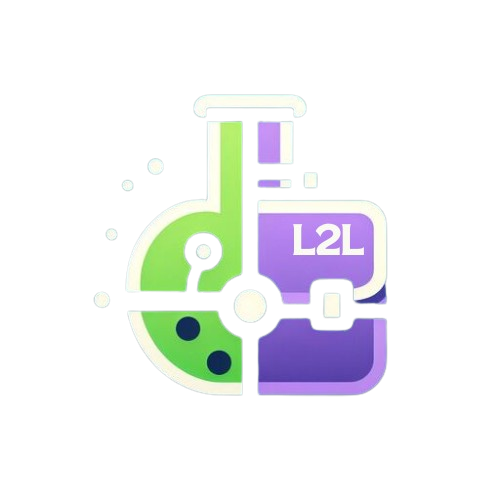Pediatrics
The Role of Pediatric Speech-Language Pathologist
Written by Lacey Mullin
September 30th, 2024
Pediatric Speech-Language Pathologist
Right from birth, communication is a key part of our lives. As we grow, our way of communicating changes from cries and babbles to learning languages. Our speech and language skills serve as a crucial foundation for effective communication and social interactions. Lacking this foundation at a young age can hinder the development of such an essential skill. An estimated 55.2% of US children will receive care from a pediatric speech-language pathologist¹.
What Do Pediatric SLPs Do?
Speech-language pathologists are specially trained to assess and treat a variety of conditions, including but not limited to:
- 🗣️ Social communication disorders
- 🧠 Cognitive communication disorders
- 🍽️ Swallowing issues
Pediatric SLP's work with patients from infancy to adolescence to help children improve their communication skills and develop confidence in self-expression. A child may be considered to have a speech disorder when they cannot produce speech sounds correctly or fluently, or when there are issues with voice resonance. To help those with such disorders, pediatric SLP's evaluate, treat, and assess speech sounds, voice, and resonance. They also prevent conditions from worsening and treat related issues such as:
- Swallowing difficulties
- Social communication disorders
- Literacy impairments
- Cognitive communication disorders
Pediatric SLPs often provide special therapy programs. For example, at the Children’s Hospital of Eastern Ontario (CHEO), they run programs such as First Words and the Cleft and Lip Palate program, collaborating across departments to support children with communication disorders. In addition, SLPs provide training and education to family members and may even offer counseling to both the patient and their family.
Where Do Pediatric SLPs Work?
Pediatric SLPs often work collaboratively in:
- 🏫 Schools
- 🏥 Hospitals
- 🏨 Clinics
- 🩺 Private practices
Education & Career Path in Canada
🎓 The steps to becoming a pediatric SLP in Canada typically include:
Undergraduate Degree: Earn an Honours bachelor’s degree (ideally in a related field such as health sciences or biomedical sciences).
- Those with an unrelated degree must complete compulsory prerequisite courses for their chosen Master’s program.
Master’s Degree: Currently, twelve Canadian universities offer programs in speech-language pathology:
- University of Alberta
- University of British Columbia
- Dalhousie University
- Université Laval (French)
- McGill University
- Université de Montréal (French)
- University of Ottawa (French)
- Université du Québec à Trois Rivières (French)
- University of Toronto
- University of Western Ontario
- McMaster University
On top of a Master’s-level education, SLP's must complete clinical practice and gain certification within their province. For example, in Ontario, SLP's must register under the College of Audiologists and Speech-Language Pathologists of Ontario (CASLPO). All provincial regulatory bodies fall under the Canadian Alliance of Audiology and Speech-Language Pathology (CAASPR).Once licensed and registered, pediatric SLPs can pursue further specialized pediatric training. The average base salary for pediatric SLPs ranges between 💲118,000 – 💲285,000 per year.
Conclusion
Although closely related to regular speech-pathologists, pediatric SLPs make a lasting impact. They help children not only develop their communication skills but also confidence in themselves. It is a career well-suited to those seeking to make a positive impact in the lives of kids, our most precious human beings.
Footnotes
- NIDCD – NIH.gov (2024) Quick Statistics About Voice, Speech, Language
References
- American Speech-Language-Hearing Association Speech-language pathologists
- A to Z Speech Speech therapy
- Canadian Alliance of Audiology and Speech-Language Pathology Welcome to CAASPR.
- Children’s Hospital of Eastern Ontario Speech therapy
- Government of Canada Job Bank (2024) Speech-language pathologists: Job requirements
- Speech Pathology Graduate Programs (2021) How to become a pediatric speech pathologist
